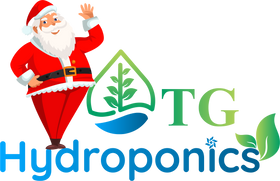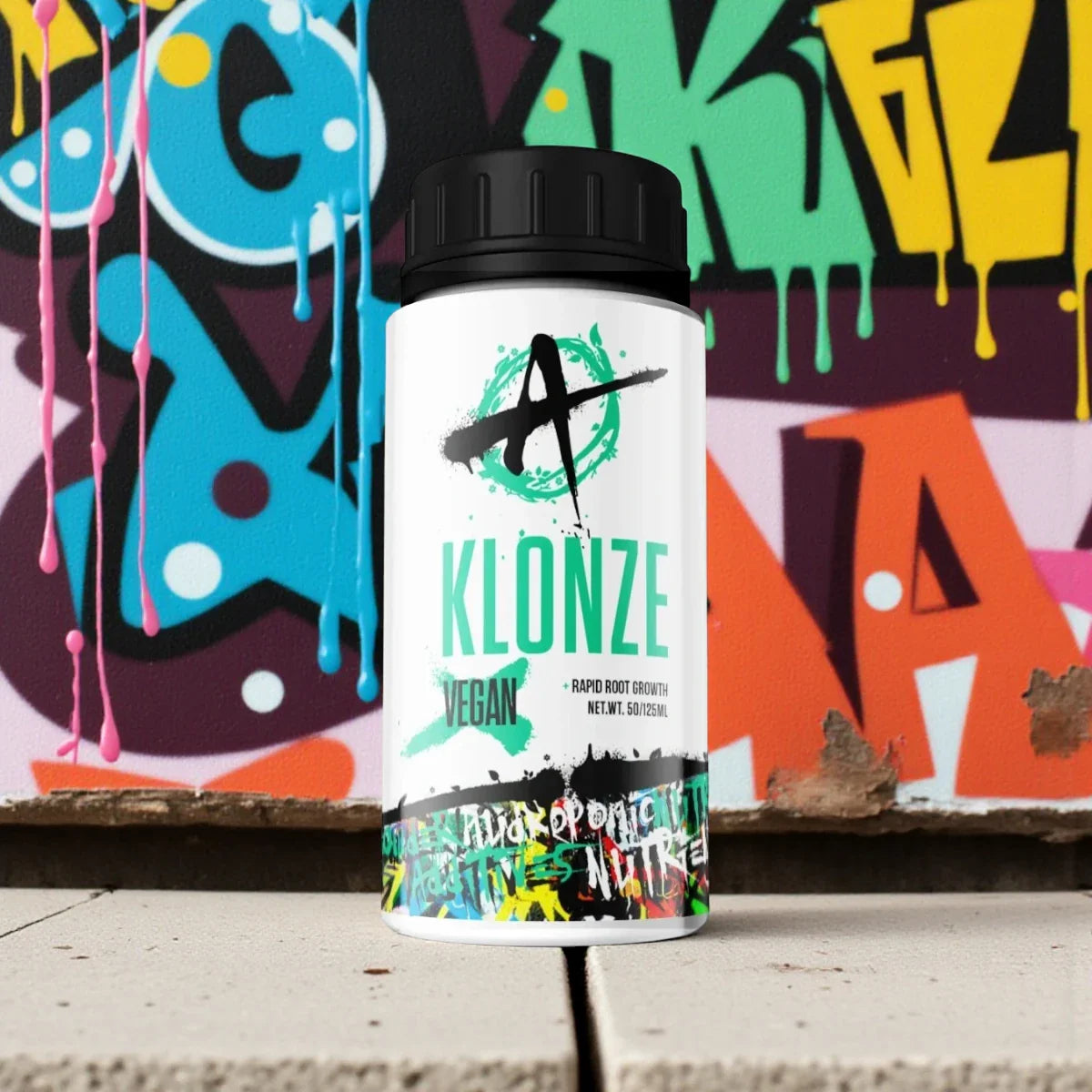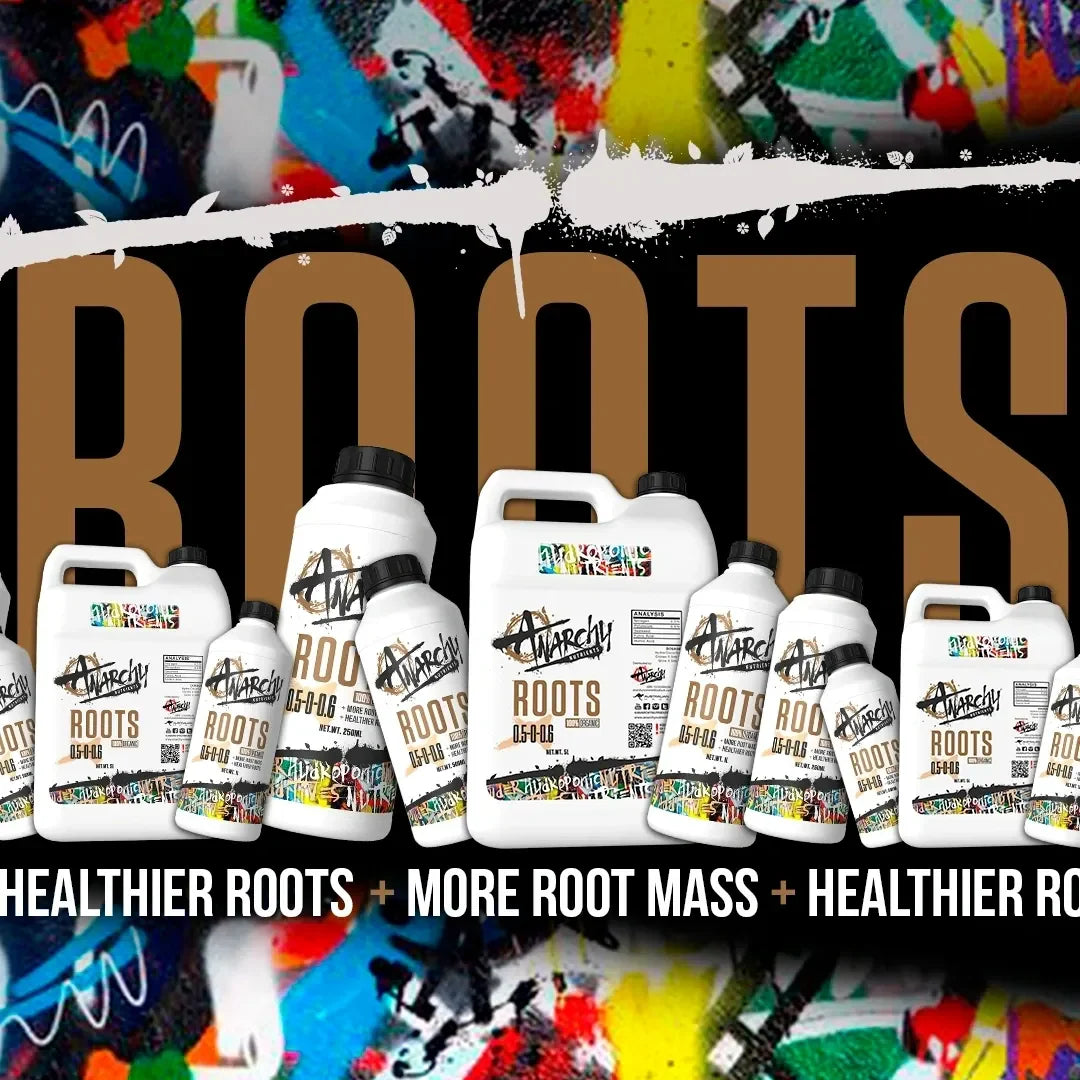In the age of technology 4.0, blockchain is not only the foundation of cryptocurrency but is also opening up new opportunities for many industries, including agriculture. One of the most notable applications of blockchain is in hydroponics – a soil-free, water- and space-efficient farming method. This article will explore how blockchain can improve and optimize the hydroponic industry, bringing benefits such as transparency, efficiency, and sustainability.
1. What is Blockchain?
Blockchain is a distributed data storage technology that records transactions or information in a secure, transparent, and unchangeable way. Each "block" in a blockchain contains information about a transaction, and these blocks are linked together to form a chain (blockchain). Thanks to its security features and decentralized nature, blockchain is being increasingly applied in various fields, from finance to agriculture.
2. Blockchain Enhances Transparency in Hydroponic Supply Chains
One of the biggest challenges in agriculture is tracking and verifying the origin of products. Consumers are increasingly concerned about food quality and want to know if the products they buy are grown safely and organically. Blockchain solves this problem by creating a transparent and immutable system that tracks every step of a hydroponic product’s supply chain.
Specific Benefits:
-
Traceability: Every hydroponic product can be recorded from planting to harvesting and distribution. Through blockchain, consumers can verify the detailed information about the product’s origin, ensuring it was grown in a clean environment without the use of chemicals or pesticides.
-
Increased Consumer Trust: When consumers can easily verify the origin of a product, they are more likely to trust its quality and make a purchase.
-
Prevent Fraud and Counterfeiting: Blockchain helps prevent fraudulent practices in the supply chain, such as falsifying the origin or quality of products.
3. Blockchain Creates an Optimized Hydroponic Management System
Blockchain can be used to manage data and information in hydroponic systems, from parameters like pH, temperature, humidity, to nutrient levels in water. These parameters can be recorded and stored on blockchain, ensuring data integrity and accuracy.
Benefits:
-
Unchangeable Data: Any changes in the hydroponic system, such as pH or temperature adjustments, will be recorded on blockchain, ensuring the accuracy and transparency of data.
-
Remote Management: Managers can easily check the status of the hydroponic system remotely via a blockchain-based platform, ensuring that environmental factors are always stable.
-
Cost and Time Savings: Blockchain helps automate management processes, reducing manual intervention and optimizing decisions throughout production.
4. Enhancing Sustainability and Innovation in Agriculture
Blockchain can support hydroponic farmers and businesses in developing more sustainable business models. For example, blockchain can help track resource usage like water, electricity, and nutrients, optimizing the use of these factors and minimizing waste.
Benefits:
-
Efficient Resource Management: By recording and analyzing data on blockchain, hydroponic producers can optimize resource usage, reducing costs and minimizing environmental impact.
-
Encourages Sustainable Production: Hydroponic business models can use blockchain to prove their commitment to the environment, attracting consumers who care about clean and sustainable food.
5. Blockchain Supports Certification and Food Transactions
Another exciting application of blockchain in hydroponics is the certification of hydroponic products, ensuring that they meet food safety and quality standards. These certifications can be stored on blockchain, making them easily verifiable and impossible to counterfeit.
Benefits:
-
Transparent Certification: Food safety or quality certifications can be recorded and instantly verified on blockchain.
-
Build Consumer Confidence: When consumers know that hydroponic products have been certified and can be verified transparently, they are more likely to trust and purchase those products.
Conclusion
The application of blockchain technology in hydroponics brings clear benefits in terms of transparency, management efficiency, and sustainable practices. Blockchain helps improve the production process, ensures product quality, and builds consumer trust. With these advantages, blockchain is poised to become an essential part of the future of hydroponics.




